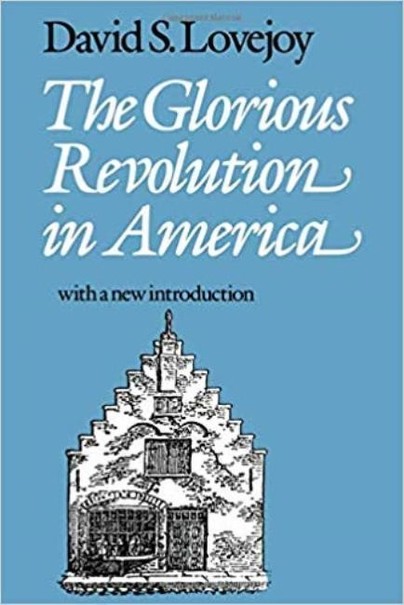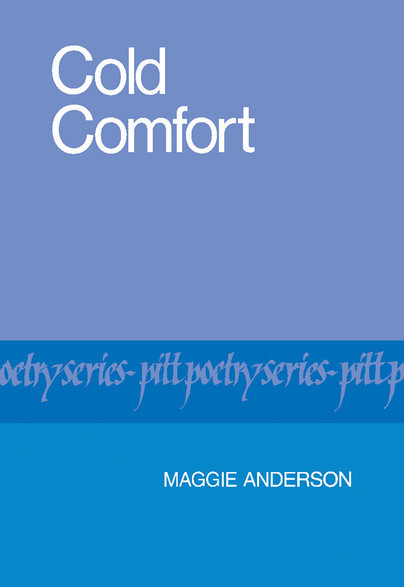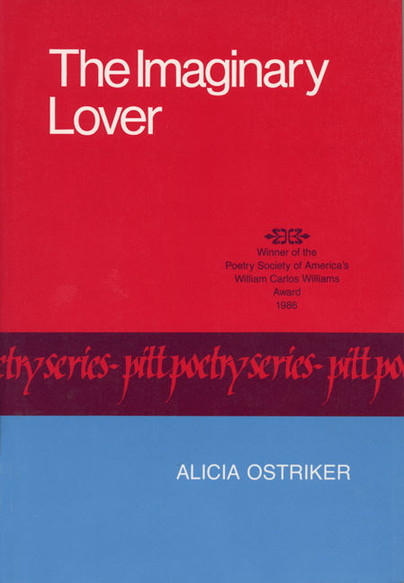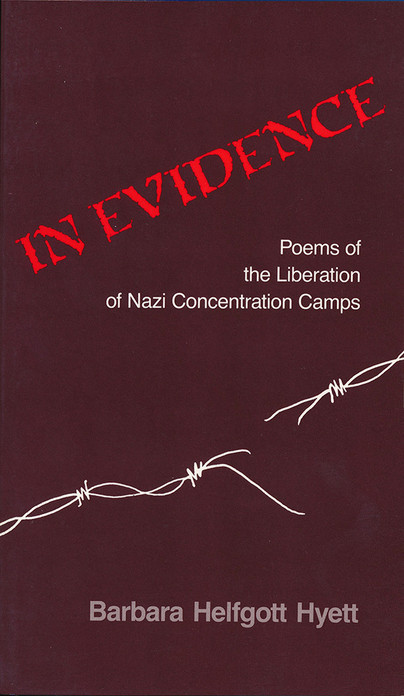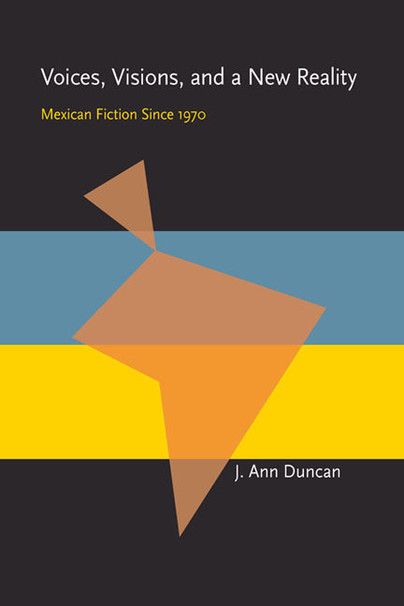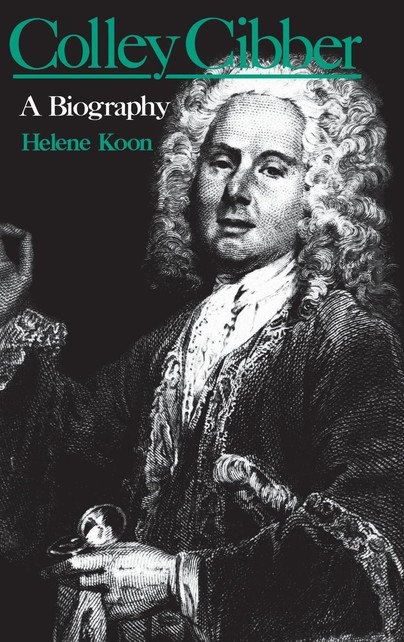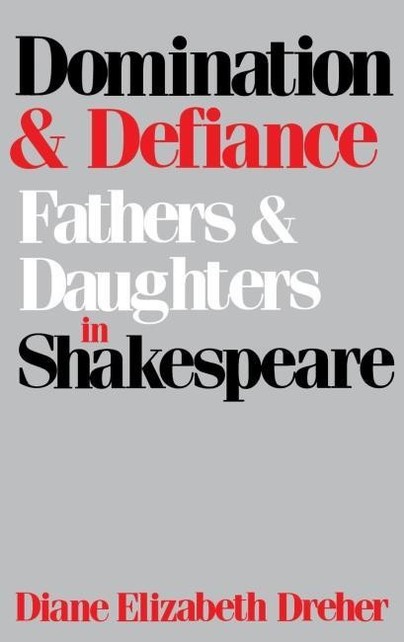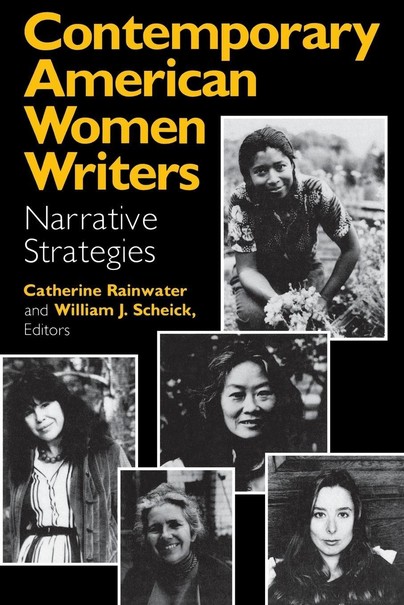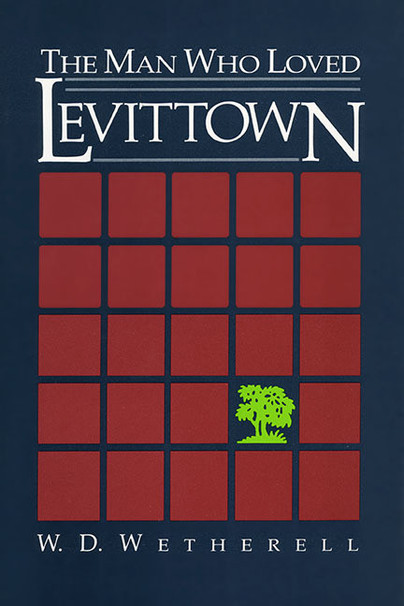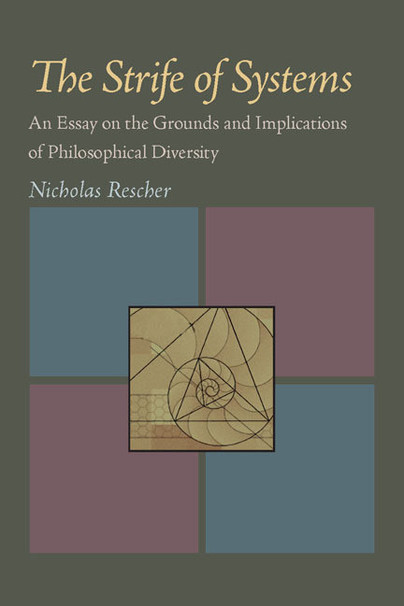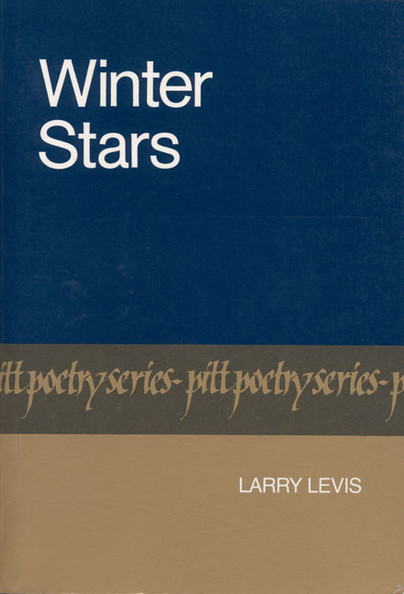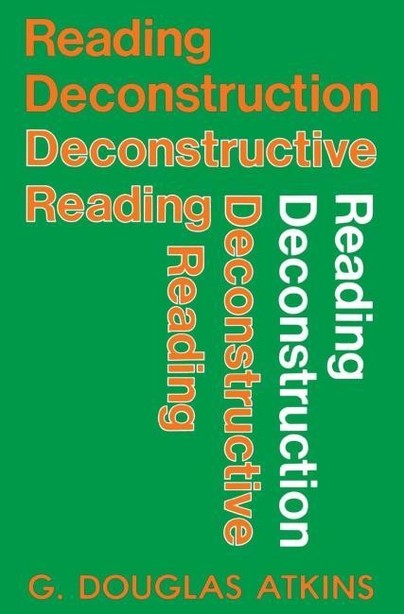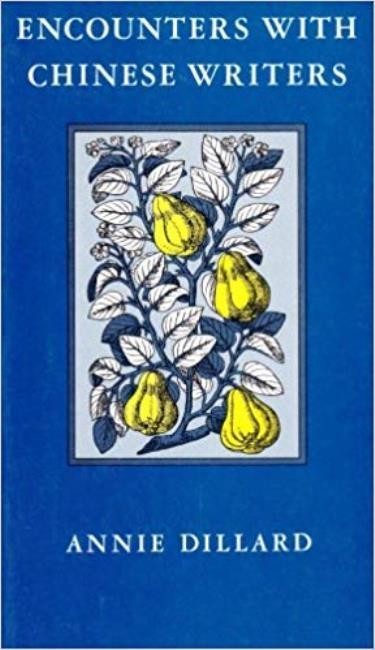Ann Beattie, Annie Dillard, Maxine Hong Kingston, Toni Morrison, Cynthia Ozick, Grace Paley, Marge Piercy, Anne Redmon, Anne Tyler, and Alice Walker all seem to be especially concerned with narrative management. The ten essays in this book raise new and intriguing questions about the ways these leading women writers appropriate and transform generic norms and ultimately revise literary tradition to make it more inclusive of female experience, vision, and expression.The contributors to this volume discover diverse narrative strategies.
Beattie, Dillard, Paley, and Redmon in divergent ways rely heavily upon narrative gaps, surfaces, and silences, often suggesting depths which are lamentably absent from modern experience or which mysteriously elude language. For Kingston and Walker, verbal assertiveness is the focus of narratives depicting the gradual empowerment of female protagonists who learn to speak themselves into existence.Ozick and Tyler disrupt conventional reader expectations of the "anti-novel" and the "family novel," respectively. Finally, Morrison's and Piercy's works reveal how traditional narrative forms such as the Bildungsroman and the "soap opera" are adaptable to feminist purposes.In examining the writings of these ten important women authors, this book illuminates a significant moment in literary history when women's voices are profoundly reshaping American literary tradition.
